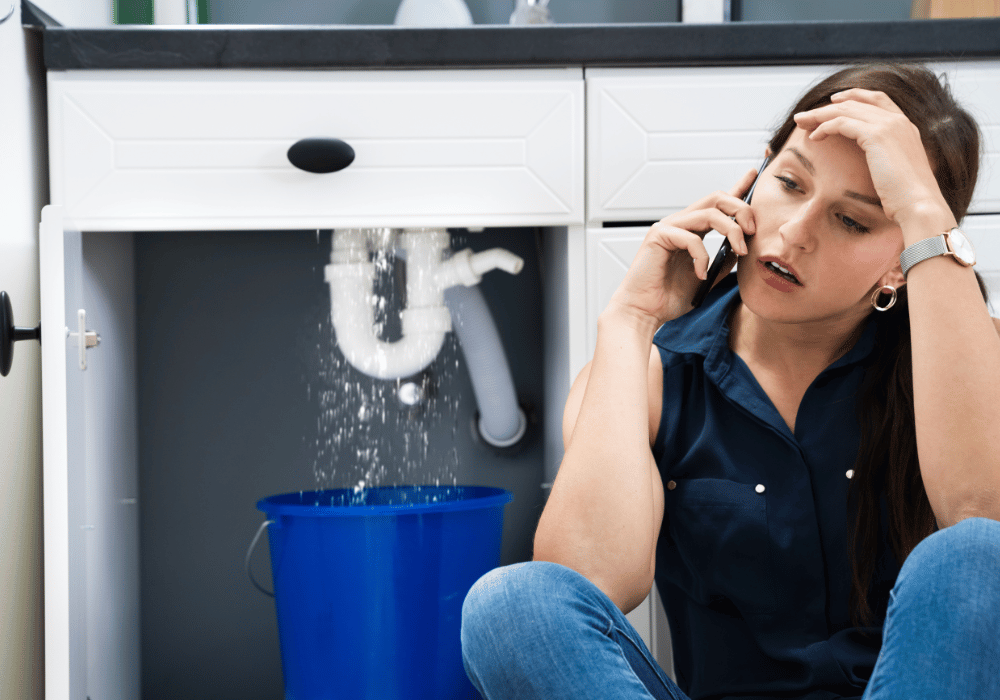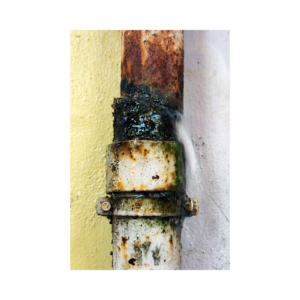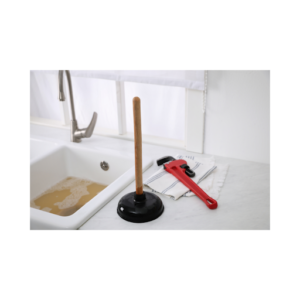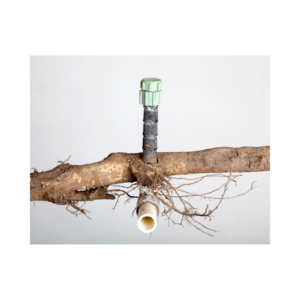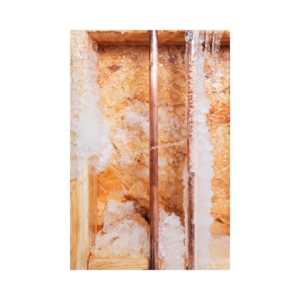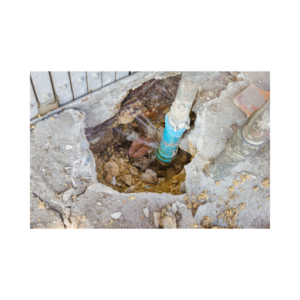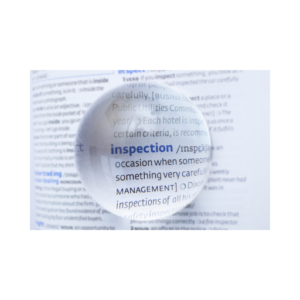Plumbing leaks are like uninvited guests that often show up at the most inconvenient times. These hidden culprits not only increase your water bill but can also cause significant damage to your home. Understanding the common causes of plumbing leaks is the first step in preventing them. Here’s what every homeowner should know.
Corrosion of Pipes
Over time, pipes, especially those made of metal, can corrode due to pH imbalances in the water, oxygen, and mineral buildup. This corrosion weakens the pipes, leading to small fissures or complete breakdowns. Signs of corrosion include discoloured water, frequent leaks, and a metallic taste in your water.
High Water Pressure
While strong water pressure is often a desired feature in showers and faucets, too much pressure can stress your plumbing system. Pipes are designed to handle a certain level of pressure, and anything above that can cause leaks. It’s like blowing too much air into a balloon – eventually, it will pop. A pressure gauge can help you monitor your water pressure and keep it within a safe range.
Clogged Lines
Blockages caused by hair, soap, food waste, and other debris can lead to increased pressure in your pipes, resulting in leaks. Over time, these clogs can even cause pipes to burst. Regular maintenance, including the use of strainers and occasional cleaning with safe, non-corrosive cleaners, can prevent these clogs from forming.
Joint Damage
Where pipes connect, the joints, tend to be the weakest link. With the passage of time or due to sudden temperature changes, these joints can deteriorate, causing water to leak out. Listen for ticking or banging sounds in your pipes, as these can indicate joint problems.
Tree Root Intrusion
Trees add beauty to your yard, but their roots can wreak havoc on your plumbing lines. Seeking moisture, roots can grow into even small cracks or joints in the piping, leading to severe leaks or blockages. It’s essential to consider the placement of trees when landscaping and to be proactive in the maintenance of your outdoor plumbing.
Shifting Foundation
Houses settle over time, and this movement can put a strain on rigid plumbing pipes, causing them to crack and leak. If you notice cracks in your walls or foundation, it may be time to have a professional assess the integrity of your plumbing system.
Temperature Changes
Extreme temperature changes can cause pipes to expand and contract, which can lead to leaks, especially at the joints. Pipes exposed to freezing temperatures are particularly at risk as the water inside them can freeze, expand, and cause the pipe to burst.
Deteriorating Seals
When appliances such as dishwashers and refrigerators are installed, seals are put in place to keep water from leaking at the points where pipes connect to the appliances. Over time, these seals can dry out, crack, and deteriorate, leading to leaks. Regularly inspecting the seals can help catch leaks early.
Poor Pipe Installation
Improperly installed pipes can lead to a multitude of problems, including leaks. If the pipes are not fitted correctly or are mismatched, they can lead to a compromised system. It’s important to ensure that a qualified professional installers and repairs your plumbing.
Wear and Tear
Regular wear and tear is inevitable. Over years of use, fixtures and pipes just start to break down. Regular inspections and maintenance can help you identify and replace worn parts before they lead to leaks.
Preventing Plumbing Leaks
To prevent leaks, it’s important to maintain your plumbing system. This includes regular inspections by a professional and taking care of any issues immediately before they become bigger problems. You can also:
- Monitor your water bill for unexpected increases.
- Listen for strange noises coming from your pipes.
- Keep an eye out for damp spots on your walls, ceilings, or floors.
- Insulate your pipes to protect them from extreme temperature changes.
- Use water softeners if you have hard water to minimise mineral buildup
What to Do if You Have a Leak
If you suspect you have a leak, it’s essential to act quickly to minimise damage. Turn off the water main if necessary, and call a professional plumber. For small leaks, you may be able to apply a temporary fix, but always follow up with professional repair to ensure the problem doesn’t reoccur.
Final Thoughts
Plumbing leaks can be a headache, but understanding their common causes is a great defence. Regular maintenance and awareness are key to keeping your plumbing system healthy, ensuring that water flows where it should – not into areas where it can cause damage. Stay vigilant and when in doubt, consult with a plumbing professional to keep your home safe and dry. COMMUNITY PLUMBING & DRAIN CLEANING

